-
×
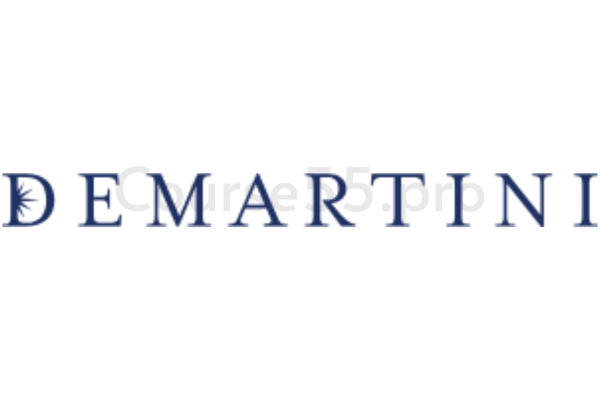 Synchronicity Jul USA 2020 + Manual By John Demartini
1 × $233.00
Synchronicity Jul USA 2020 + Manual By John Demartini
1 × $233.00 -
×
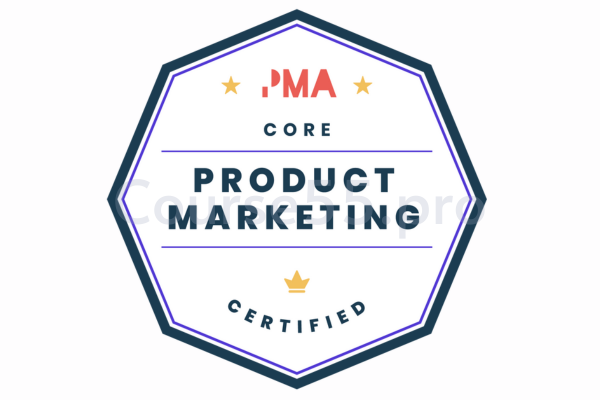 Product Marketing Certified: Core By Product Marketing Alliance
1 × $272.00
Product Marketing Certified: Core By Product Marketing Alliance
1 × $272.00 -
×
 We Got Options Now Course By Kevin Frink
1 × $233.00
We Got Options Now Course By Kevin Frink
1 × $233.00 -
×
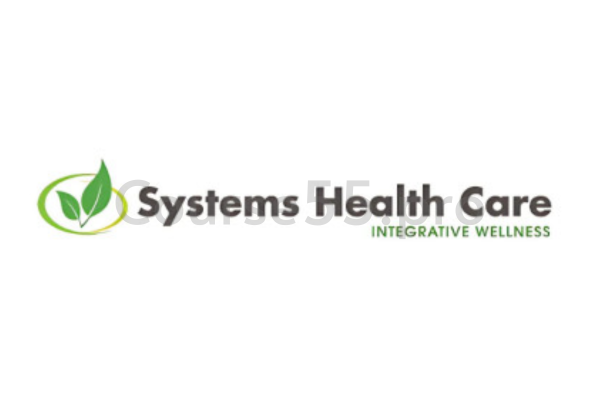 The Entire 3-Set Fundamentals Video Series By Stephen Gangemi - Systems Health Care
1 × $248.00
The Entire 3-Set Fundamentals Video Series By Stephen Gangemi - Systems Health Care
1 × $248.00 -
×
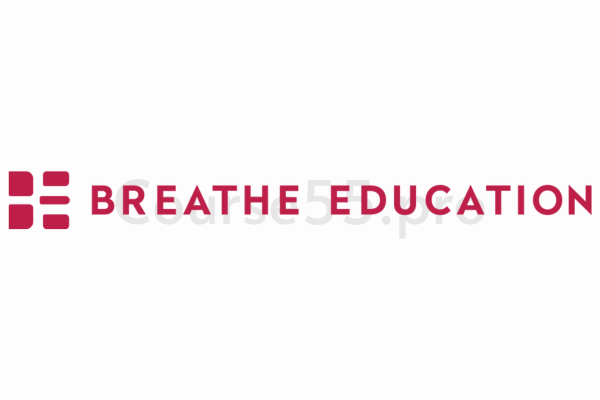 Pilates Apparatus - The Complete Collection By Breathe Education
1 × $272.00
Pilates Apparatus - The Complete Collection By Breathe Education
1 × $272.00 -
×
 The SDR Playbook By Andy Laws
1 × $15.00
The SDR Playbook By Andy Laws
1 × $15.00
Geriatric Certification Course: Dementia, Medication, Wound, Fall & Nutrition Updates
$1,634.00 Original price was: $1,634.00.$124.00Current price is: $124.00.
SKU: C55pro. 47164U1RPkhCH
Category: Download
Tags: Dementia, Fall, Geriatric Certification Course, Medication, Nutrition Updates, Wound
Download Geriatric Certification Course: Dementia, Medication, Wound, Fall & Nutrition Updates, check content proof here:
A Complete Guide to Courses for Geriatric Certification
The healthcare system is focusing more on providing specialized care for older folks as the world’s population ages. For healthcare workers looking to improve their abilities and expertise in providing care for this particular population, geriatric certification programs have become essential resources. In addition to providing learners with evidence-based knowledge, these courses target particular aging-related issues like managing dementia, forgetting to take medications, wound care, preventing falls, and meeting nutritional needs. This article reviews and examines some of the most well-known geriatric certification programs that are currently offered, offering a thorough analysis to assist medical professionals in making well-informed decisions regarding their ongoing education.
Recognizing the Value of Geriatric Certification in Geriatric Care
For medical personnel negotiating the challenges of caring for senior citizens, geriatric certification is a lighthouse. Consider it as a compass that leads professionals through unfamiliar territory that is full with particular difficulties and ailments that have varying effects on elderly people. A thorough understanding of geriatric care principles is necessary to properly navigate this terrain, especially with regard to common problems like dementia and drug management.
Such courses are important since they broaden one’s career prospects in addition to improving one’s knowledge. A clinician’s résumé can be strengthened with certificates from accredited institutions, which demonstrate a dedication to providing specialized care. The growing demand for qualified professionals in geriatric care underscores the importance of these certifications in improving patient outcomes and advancing one’s career trajectory.
Core Areas Covered in Geriatric Certification Courses
Most geriatric certification programs are designed around key areas crucial for effective older adult care. These include:
- Understanding the many forms of dementia and how to manage them with focused techniques is known as dementia care.
- Understanding pharmacokinetics in older persons is one aspect of medication safety, as is navigating the difficulties of polypharmacy.
- Wound Management: Examining the unique requirements for wound care in the elderly, as their ability to heal may be impaired.
- Fall Prevention: Using safety techniques and environmental changes to address the rising risk of falls among senior citizens.
- Understanding the dietary requirements that support aging populations’ health and well-being is known as nutritional needs.
By focusing on these areas, healthcare professionals can gain a multi-faceted understanding of geriatric care, which is essential for providing holistic treatment to their patients.
Overview of the Course
Complete Certification in Geriatric and Dementia Care
One notable program that provides in-depth instruction on a variety of aging and dementia-related topics is the Comprehensive Geriatric & Dementia Care Certification. Modules on identifying and diagnosing dementia, comprehending troublesome behaviors, and creating pain management plans specifically for senior citizens are included in this course.
Course Details:
- Credits: Up to 13 CE hours, including pharmacology credits.
- Certification Cost: $199.99 (Certification valued at $99.99 included).
Participants are trained in action-oriented strategies that can be applied immediately in clinical settings. This practical approach provides healthcare professionals with tools that can enhance their day-to-day practices.
PESI’s Geriatric Care Certification Programs
For healthcare professionals such as nurses, nurse practitioners, and social workers, PESI provides a variety of geriatric care certification courses. A variety of geriatric medical topics are covered in these courses.
Course Elements:
- Focus Areas: Current best practices, legal considerations, pharmacological management, and cultural competencies in geriatric care.
- Credits: Up to 36.75 CE hours for comprehensive courses, with more focused programs available.
The course pricing varies, with comprehensive certifications starting from $499.99. These programs often include certification at no additional cost, emphasizing the accessibility of quality education for professionals in the field.
Review Course for Gerontological Certification
Nurses can prepare for the Gerontological Nursing Certification Exam with the help of the Gerontological Certification Review Course. This course prepares practitioners to identify a range of health issues affecting older persons and to manage the ethical aspects of care by emphasizing fundamental geriatric nursing practices.
Important attributes:
- CE Hours: 30 nursing continuing professional development contact hours.
- Cost: $299.00.
This course is an excellent opportunity for nurses to solidify their understanding and readiness for certification, ensuring they are well-prepared to serve older patients.
UCLA’s Board Review and Intense Geriatric Medicine Course
The Intensive Course in Geriatric Medicine at UCLA offers a special combination of pharmacy and geriatric sessions, with in-depth lectures and interactive board reviews. The goal of this course is to discuss the current issues that healthcare workers who work with senior citizens confront.
Highlights:
- Interactive Learning: Participatory sessions covering treatment strategies and patient management.
- Networking Opportunities: Access to experts in the field, fostering collaboration and knowledge exchange.
Such specialized courses are invaluable for those committed to staying current in geriatric care, continuously expanding their knowledge base through hands-on learning experiences.
Managing Medication in Elderly Care
The Value of Effective Medication Administration
Medication management is a crucial element in the context of geriatric care. Significant difficulties arise from the complications of polypharmacy, in which elderly people frequently take several drugs. Adverse medication reactions are much more common among the elderly, according to research published in the Journal of the American Geriatrics Society. This is due to a number of reasons, including altered pharmacodynamics and pharmacokinetics.
Techniques for Managing Medication Effectively
Healthcare professionals can employ several strategies to enhance medication management in geriatric patients:
- Frequent Medication Review: Finding unneeded prescriptions or possible interactions can be facilitated by incorporating a systematic review of medications.
- Patient education gives patients the power to actively manage their health by educating them about the intended uses and possible adverse effects of their medications.
- Technology Use: Making use of medication management software and electronic health data helps expedite procedures and guarantee safer prescribing practices.
Resources for Medication Information
- WebMD: For comprehensive information about drugs, side effects, and interactions.
- Drugs.com: A vast resource detailing medication dosages and effects.
- MedlinePlus: Comprehensive summaries of various medications and health implications.
These tools assist healthcare practitioners in staying informed and providing safe medication management in geriatric care.
Managing Wounds in the Elderly
Comprehending Wound Care
Given that older persons frequently experience longer healing times due to a variety of health conditions, wound care is still a critical concern among geriatric populations. Gaining a comprehensive understanding of wound assessment and care can significantly enhance these patients’ quality of life.
Factors Affecting the Healing of Wounds
Elderly wound healing can be impacted by a number of factors, including:
- Age-Related Skin Changes: Older persons are more prone to injuries due to their thinner and less elastic skin.
- Comorbidities: Long-term illnesses like diabetes or heart disease might make mending more difficult.
- Nutritional Status: A poor diet can raise the risk of infection and cause wounds to heal more slowly.
Wound Management Strategies
- Frequent Assessment: Assessing wounds on a regular basis to modify therapy as necessary.
- Wet Healing Environments: You can speed up healing by using the right dressings that keep you wet.
- Education: Improving recovery and avoiding complications can be achieved by teaching patients and caregivers appropriate wound care procedures.
Integrating these strategies into daily practice can lead to significantly improved outcomes for older adults with wounds.
Techniques for Fall Prevention in Elderly Care
The Importance of Fall Safety
Fractures, head injuries, and reduced mobility are just a few of the serious outcomes that can result from falls among older persons. Actually, according to statistics, one of the main reasons for injury-related morbidity in this population is falls. Therefore, improving older individuals’ safety and well-being requires the implementation of effective fall prevention strategies.
All-Inclusive Fall Prevention Techniques
Several strategies can be employed to mitigate fall risks in geriatric care:
- Risk Assessments: Conducting thorough evaluations to identify individual risk factors.
- Home Modifications: Implementing safety adjustments in living environments, such as installing grab bars and improving lighting.
- Exercise Programs: Encouraging participation in strength and balance training exercises can significantly reduce fall risks.
Conclusion: Prioritizing Fall Prevention
Creating a culture of safety and awareness surrounding falls can empower older adults, providing them with the support and education needed to maintain their independence and quality of life.
Nutritional Needs in Geriatric Care
An Overview of Nutrition for Elderly People
People’s nutritional demands change as they become older, so it’s critical for caretakers and medical professionals to be aware of older folks’ dietary needs. The management of chronic illnesses and the recuperation from illness are both directly impacted by proper diet.
Important Nutritional Developments for 2024
The following dietary adjustments are especially pertinent for older people in view of new trends for 2024:
- Sustainable Nutrition: The focus on environmentally and health-conscious diets. This includes eating more plants and following low-carb diets.
- Functional Foods: There is a growing interest in foods that offer extra health advantages, like plants that support mental wellness.
- Ultra-Processed Foods: A greater understanding of the risks associated with an over-reliance on ultra-processed foods, especially for vulnerable groups such as the elderly.
Effective Nutritional Strategies
To optimize dietary practices in older adults, consider the following recommendations:
- Promoting more fruits, vegetables, and whole grains in daily meals is one example of emphasizing whole foods.
- Hydration: Making sure you consume enough fluids to reduce the danger of dehydration.
- Customizing Diet Plans: Adapting dietary guidelines to suit particular preferences and medical situations.
In conclusion
Adopting the knowledge acquired from geriatric certification programs can greatly improve the standard of care given to senior citizens. Healthcare providers enhance their practice and the lives of their patients by concentrating on important areas like dementia care, medication management, wound care, fall prevention, and nutrition. Ongoing education is still crucial for developing a more capable and sympathetic healthcare workforce as the geriatric care scenario changes. As a first step toward that objective, the courses described in this article equip professionals for the fulfilling task of caring for our aging population.
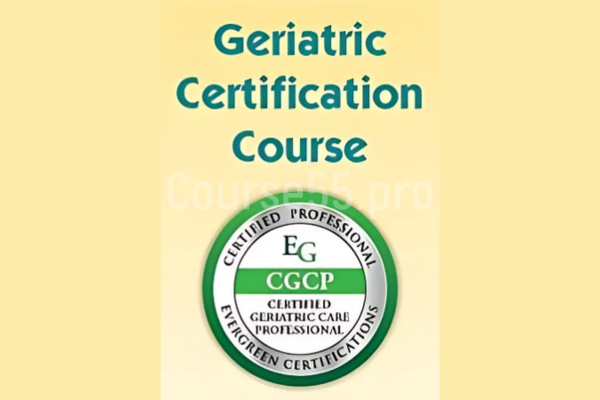
Frequently Asked Questions:
Business Model Innovation:
Embrace the concept of a legitimate business! Our strategy revolves around organizing group buys where participants collectively share the costs. The pooled funds are used to purchase popular courses, which we then offer to individuals with limited financial resources. While the authors of these courses might have concerns, our clients appreciate the affordability and accessibility we provide.
The Legal Landscape:
The legality of our activities is a gray area. Although we don’t have explicit permission from the course authors to resell the material, there’s a technical nuance involved. The course authors did not outline specific restrictions on resale when the courses were purchased. This legal nuance presents both an opportunity for us and a benefit for those seeking affordable access.
Quality Assurance: Addressing the Core Issue
When it comes to quality, purchasing a course directly from the sale page ensures that all materials and resources are identical to those obtained through traditional channels.
However, we set ourselves apart by offering more than just personal research and resale. It’s important to understand that we are not the official providers of these courses, which means that certain premium services are not included in our offering:
- There are no scheduled coaching calls or sessions with the author.
- Access to the author’s private Facebook group or web portal is not available.
- Membership in the author’s private forum is not included.
- There is no direct email support from the author or their team.
We operate independently with the aim of making courses more affordable by excluding the additional services offered through official channels. We greatly appreciate your understanding of our unique approach.
Be the first to review “Geriatric Certification Course: Dementia, Medication, Wound, Fall & Nutrition Updates” Cancel reply
You must be logged in to post a review.





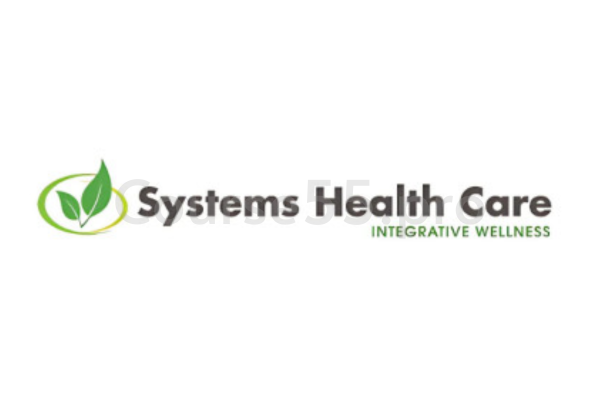

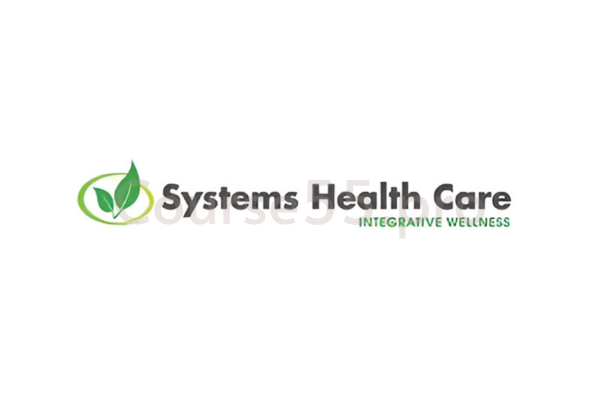
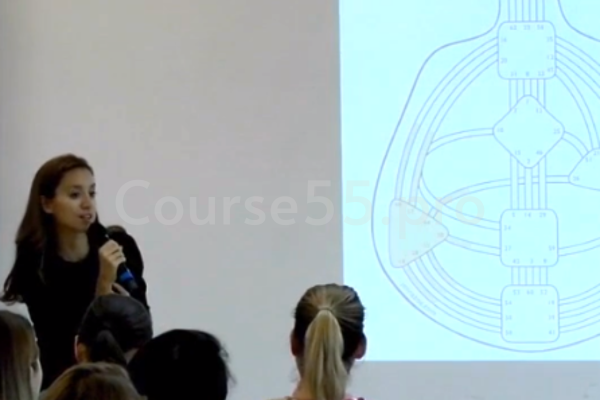
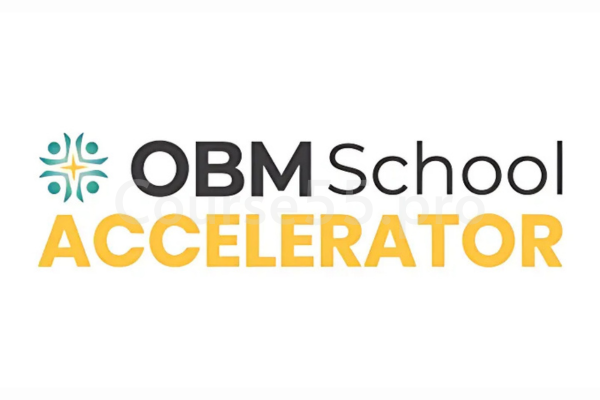


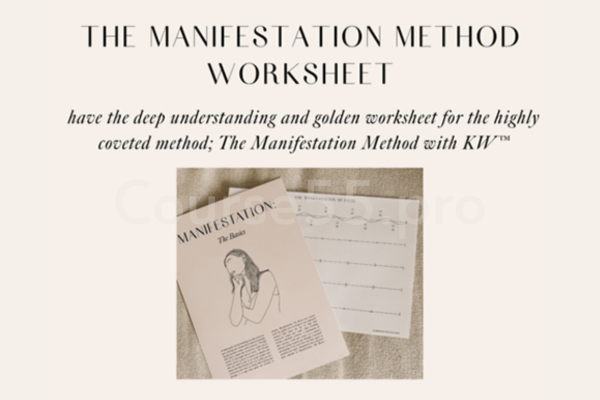

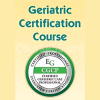
Reviews
There are no reviews yet.